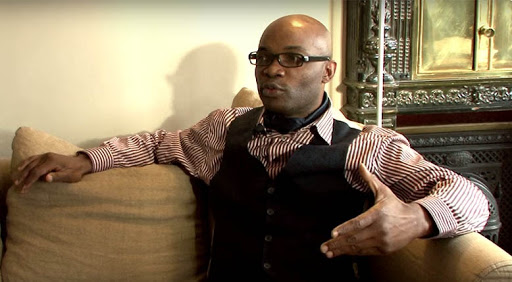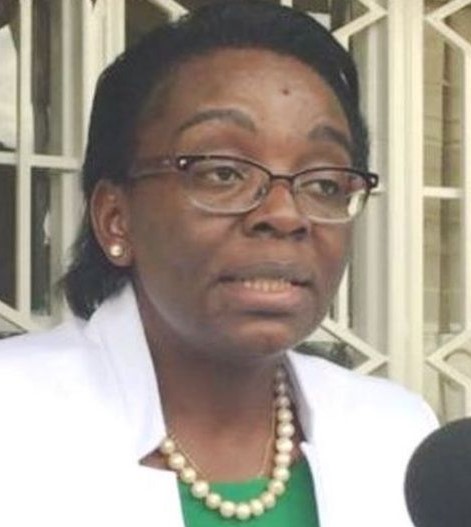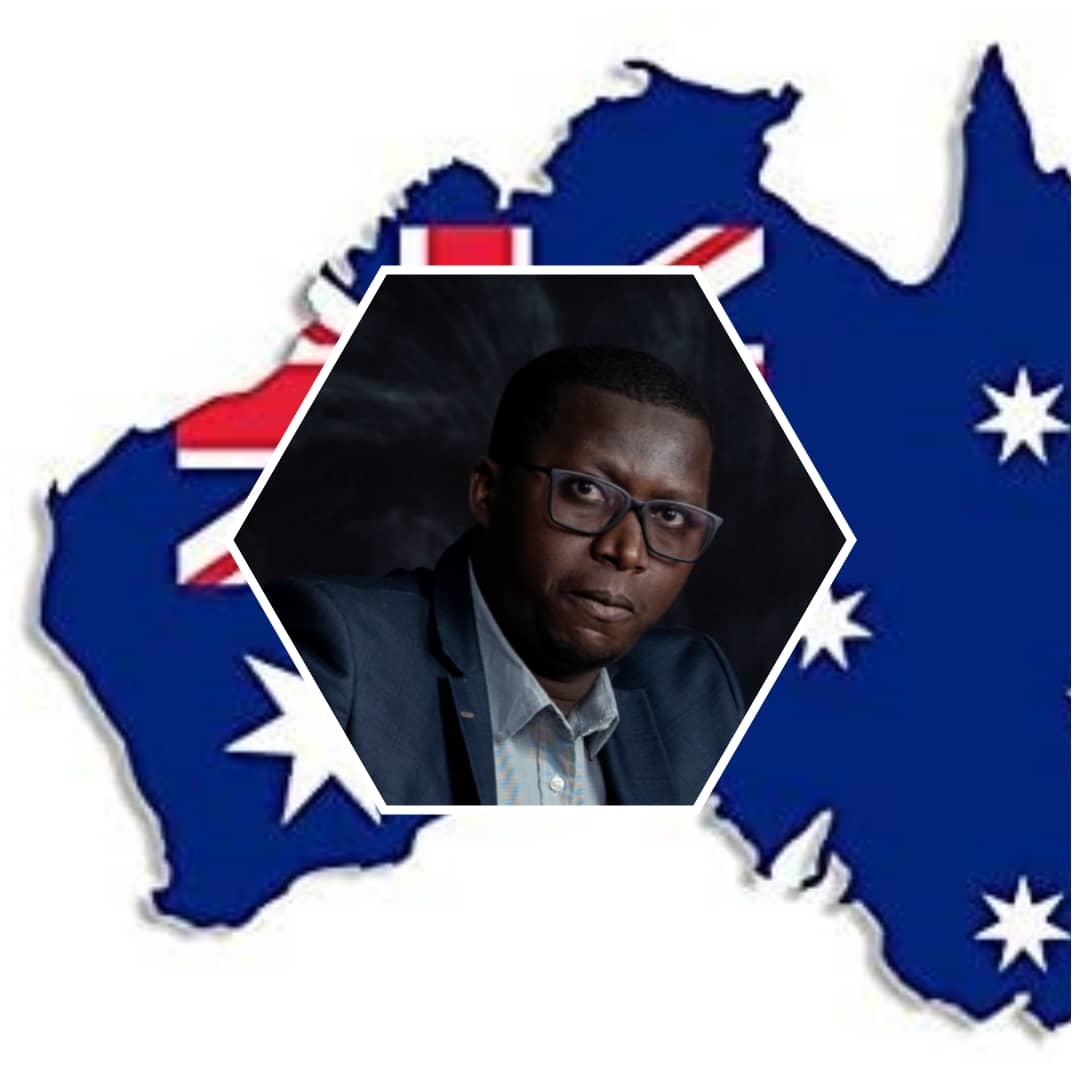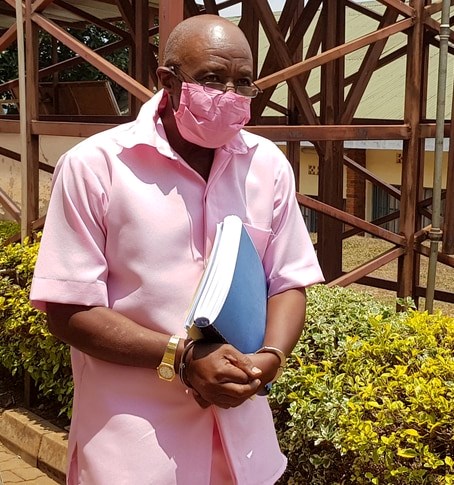International
Prof Zoellner’s genocide denial, revisionism pushed to disturbing levels

In his most recent article in the Washington Post titled “Like the US, Rwanda is in pitched battle
over its history”, Professor Tom Zoellner stooped to the lowest denominator
in spreading tired genocide revisionist tropes often used by genocidaires and
Rwandan government detractors.
To start with, you can only compare what is comparable.
Rwanda and the US are two different countries, each with its painful past. To
compare the ongoing crisis besetting American institutions in the post-Trump
era and post-genocide Rwanda is a long stretch.
The asinine reference to a so-called “pitched battle over
its history” is rather a ploy he uses to confirm his revisionism and denial
credentials which he shares with so many diehard individual negationists like
David Newbury who he cites in his article.
He begins by willingly refusing to call the 1994 mass
atrocities “genocide against the Tutsi”, as agreed upon unanimously by the UN
General Assembly in April 2020. He belittles Rwanda by calling it “the small
East African nation” and underestimates the number of victims he says were
800,000.
It appears too difficult for our illustrious professor to
say that the victims were “Tutsi”, and the correct number of those killed were
more than one million. Minimising the number of victims is one aspect of
genocide denial. Zoellner does what most western so-called academics and
researchers do. He truncates our history and re-writes it in a way that suits
his revisionist intent. In his corrupt mind, the genocide was caused by a
combination of many factors.
He argues that the 1959 Tutsi refugees “fled on the eve of
national independence from Rwanda and then Tutsi in exile formed the Rwandan
Patriotic Front (RPF), which invaded from neighbouring Uganda.”
What he does not say it that those refugees did not flee
because of independence, but they run for their lives because of the pogroms
which targeted them. At the time, the Tutsi were being hunted down and killed
and their property destroyed. They fled to neighbouring countries and stayed
there for decades. He knows all too well that the international community
didn’t want to help them return peacefully to the motherland. Now, in this tosh
article in the Washington Post, he calls the current government a “hegemonic
power”. That is an insult he should not level at any democratically elected
government.
What is bewildering though is the way he willingly distorts
the reality of the genocide against the Tutsi which he depicts as inter-ethnic killings
to suit his double genocide theory. He thus writes: “For 100 days, Rwandans
slaughtered each other. Most, but not all, victims were Tutsi. And the RPF
committed hundreds of thousands of reprisal killings during and after the
official 100-day demarcation of the genocide systematically wiping out entire
Hutu villages.”
This is exactly the language used by the genocidaires and
their sympathisers, which is part of the denial agenda devised by the regime
which planned and executed the genocide. Like all white supremacists, Zoellner
cannot hide his disrespect for Rwandans and their leadership. They don’t have a
government, but a dictatorship. He thus cited a well-known genocide denier and
revisionist, David Newbury, and writes: “in fact, the greatest asset of the
dictatorship in today’s Rwanda is its mastery of the past. ‘Within Rwanda
today, hegemonic power relies for much its justification on a certain reading of
history,” he observes.
Words like “dictatorship” or “regime” are often used by
condescending white people to refer to African governments they do not like.
Zoellner should respect the will of Rwandans who elected their leader. If they
chose a dictatorship, why should he mind?
Most appalling is the way Zoeller refers to the remains of
the victims in various memorials he said are “stacked with the bones of
slaughtered Tutsis.” This is the same language often used by Rwandan genocide
deniers, most of them being genocidaires and their descendants. It is a sign of
disrespect to the victims of the genocide and an insult to their memory. As an
academician, he should know better. I wonder if he could say the same about the
remains of the Jews in different Holocaust Memorials like Auschwitz. But
because of his racism, he can refer to our victims as “stacked bones.”
In his divagations,
Zoellner also rehashes the same tired clichés of the western guilt for not
intervening in Rwanda to stop the genocide. He blames it for the west turning a
blind eye on what he calls “Rwanda’s warmongering and exploitation of minerals
in their neighbouring Democratic Republic of Congo (DRC) from 1996 to 2003, a
conflict that cost 5.4 million lives and enlarged Rwanda’s budget.”
But all this is just the smear campaign we often hear from
Rwanda’s detractors who want people to believe that what Rwanda’s laudable
achievements, from an almost failed state to a shining beacon in the region and
the world, were gained thanks to illicit exploitation of DRC resources.
In his article, Zoellner defends genocide convict Leopold
Munyakazi. He alleges that he was targeted because he deviated from the
national narrative and characterised the genocide against the Tutsi “as
conflict over pollical power”. He demeans the charges of genocide crimes he committed
as “preposterous.”
What is also troubling is how this professor recycles the
spurious claims by another well-known genocide denier, Susan Thompson, that in
Rwanda, the “deep seated seething hatred that the Hutu have for the Tutsi is
the root cause of the Rwandan disease”
A brief disclaimer in the middle of the article in which he
explains his connection to Paul Rusesabagina, a former hotelier now being tried
for terrorism crimes with whom he co-authored the book “An Ordinary Man” explains all this bad mouthing of the Rwandan
government. He has truly espoused revisionism and genocide denial replete in
Rusesabagina’s book.
Also, the fact that most of his references are known
genocide deniers, no one should be surprised by such distortions and embrace of
the tropes peddled by Rwandan government detractors, most of whom are
genocidaires and their backers.
After all, after the arrest of his friend, Rusesabagina, and
his trial for terrorism crimes together with 20 co-accused, Zoellner has worked
tirelessly to have his pal released. He has written similar incendiary articles
trashing the current Rwandan government.
When British journalist Michela Wrong published his
slanderous book “Do Not Disturb” he did its review for The Los Angeles Review
of Books, furthering the smear contained in that publication. People like
Zoellner will always try to engage in revisionism and denial. But facts about
the genocide against the Tutsi will never change. They can throw as much mud as
they can on the current government, but none will stick.





